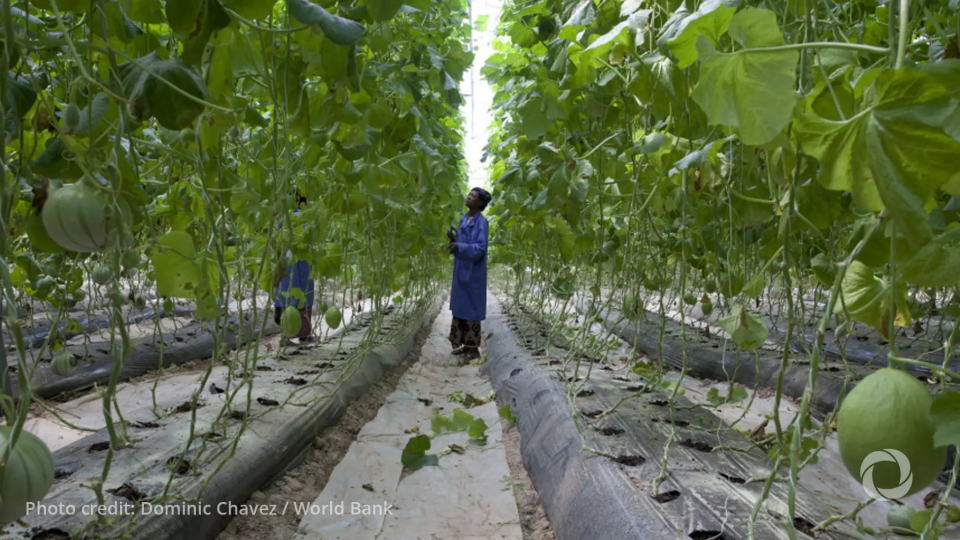The UN’s largest annual climate adaptation conference ended in Zambia with calls for urgent funding increases to help countries protect agriculture and economies from worsening droughts and floods, according to UN Climate Change. The five-day NAP Expo 2025 in Lusaka brought together 400 participants from 80 countries to strengthen National Adaptation Plans before the November 2025 COP30 climate summit in Brazil. The event introduced AI tools to help farmers and governments build climate resilience for the first time in many countries.
Climate adaptation needs $300 billion annually by 2030, but current funding falls far short of protecting vulnerable communities from extreme weather. Zambia’s recent drought cut crop yields and electricity generation by half, showing how climate impacts threaten food security and livelihoods across Africa.
Participants launched updated technical guidelines to help countries design adaptation plans by 2025 and explored new financing approaches including private sector involvement. Six sessions focused on accessing climate funds, while five others demonstrated how artificial intelligence and big data can improve climate planning. Youssef Nassef from UN Climate Change warned that “if we don’t fund adaptation, the poorest pay in lost harvests, poorer health, and at worst with their lives.” Zambia’s Environment Minister Mike Mposha emphasized transforming adaptation plans into “investable and bankable” projects attractive to investors.
The conference highlighted practical solutions including nature-based urban water harvesting, climate-smart farming techniques that improve soil health without expanding farmland, and coastal protection using natural systems. Traditional leader Fumukazi Gondwe noted that innovation often builds on indigenous practices like seed sovereignty and forest protection. Participants will continue discussions at September’s Climate Week in Ethiopia before COP30 in Brazil.

